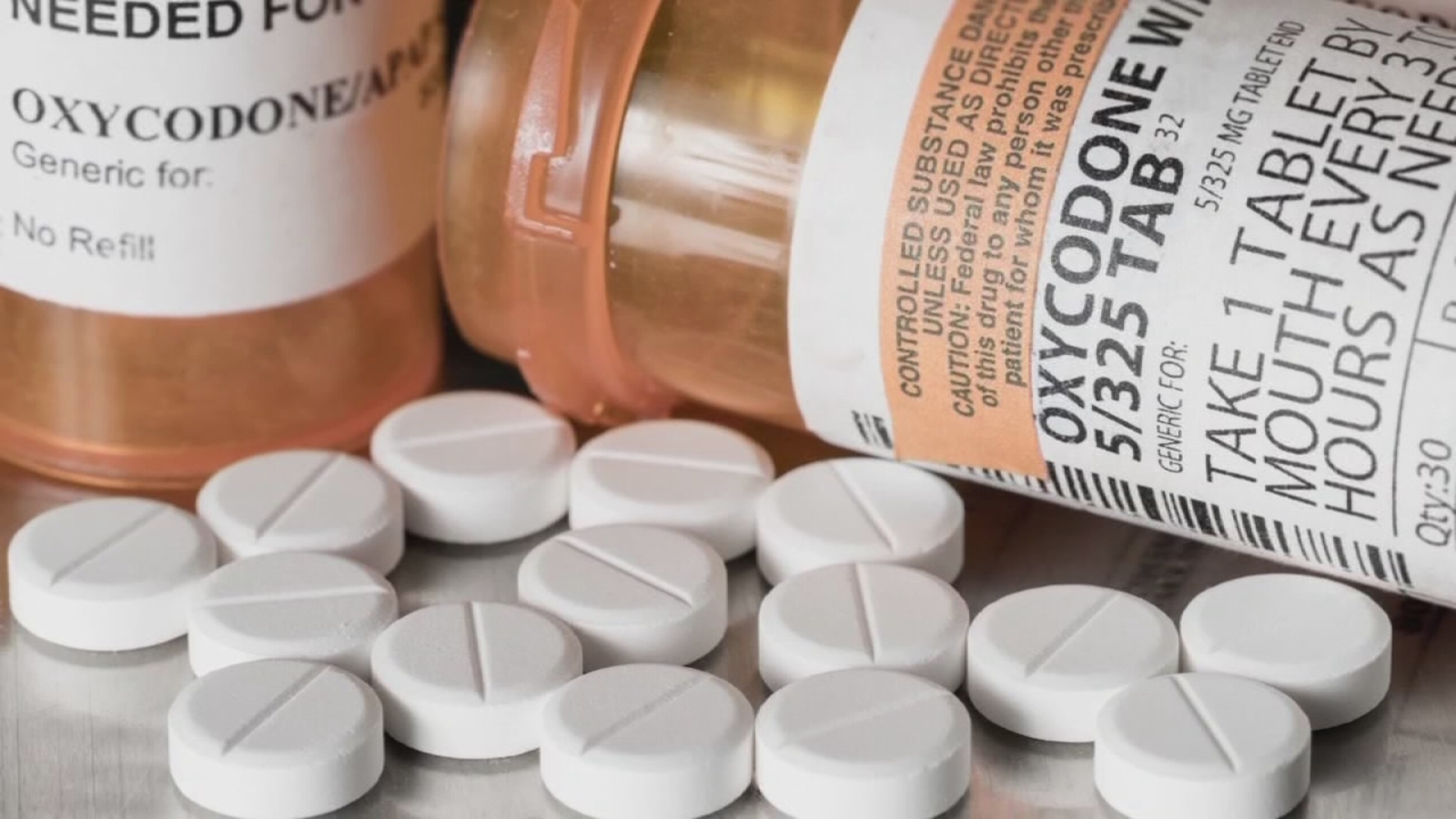The following is a press release from the Massachusetts attorney general’s office submitted to SOURCE media.
***
[broadstreet zone=”59945″]
BOSTON – Massachusetts Attorney General Maura Healey, with a coalition of attorneys general representing 47 states, the District of Columbia and five U.S. territories, announced a $573 million settlement with one of the world’s largest consulting firms, McKinsey & Company, resolving investigations into the company’s role working for opioid companies, helping those companies promote their drugs, and profiting from the opioid epidemic.
Under the terms of the consent judgment, filed today, February 4, along with a complaint in Suffolk Superior Court, McKinsey will pay a total of $573 million – with $13 million going to Massachusetts – which will be used to fund prevention, treatment, and recovery efforts. This is the first multistate opioid settlement to result in substantial payment to the states to address the epidemic. The judgment remains subject to court approval.
“Today’s agreement sets a new standard for accountability in one of the most devastating crises of our time,” AG Healey said. “As a result, our communities will receive substantial resources for treatment, prevention, and recovery services, and families who have seen their loved ones hurt and killed by the opioid epidemic will have the truth exposed about McKinsey’s illegal and dangerous partnership with Purdue Pharma.”
[broadstreet zone=”59948″]
McKinsey is required to turn over tens of thousands of internal documents detailing its work for Purdue Pharma and other opioid companies for public disclosure online. According to the complaint, McKinsey designed Purdue’s marketing schemes, including a plan to “turbocharge” OxyContin sales at the height of the opioid epidemic.
Today’s filings, with evidence about McKinsey’s misconduct first uncovered by AG Healey’s Office, describe how McKinsey contributed to the opioid crisis by selling marketing schemes and consulting services to opioid manufacturers, including OxyContin maker Purdue Pharma, for over a decade.
[broadstreet zone=”59984″]
The complaint, filed with the settlement, details how McKinsey advised Purdue to maximize its OxyContin profits, including by:
- Focusing on higher, more lucrative dosages and increased sales rep visits to high-volume opioid prescribers;
- Targeting physicians with specific messaging to convince them to prescribe more OxyContin to more patients;
- Encouraging opioid manufacturers to band together to “defend against strict treatment by the FDA” on risk mitigation efforts that could have reduced high doses and saved lives; and
- Delivering OxyContin directly to patients through mail-order pharmacies to circumvent retail pharmacy restrictions on high dose, suspicious prescriptions.
When states began to sue Purdue’s directors for their implementation of McKinsey’s marketing schemes, McKinsey partners began emailing about deleting documents and emails related to their work for Purdue.
Under the terms of today’s settlement, McKinsey will pay $573 million, with a total of $558 million distributed to states to abate the opioid crisis, and $15 million to fund investigation expenses and support the document repository. In Massachusetts, today’s settlement will fund the state’s newly created Opioid Recovery and Remediation Fund to help expand access to opioid use disorder prevention, intervention, treatment, and recovery options.
[broadstreet zone=”59946″]
Along with the payment and the disclosure of documents, the agreement also imposes court-ordered ethics rules that McKinsey must implement, including strict company-wide standards for document retention, and conflict disclosures on state contracts. In addition, McKinsey agreed to stop advising companies on potentially dangerous Schedule II and III narcotics.
Today’s filings are the latest action AG Healey has taken to combat the opioid epidemic and hold accountable those who are responsible for creating and fueling the crisis. Since taking office, AG Healey has prioritized combating the opioid epidemic through a multi-disciplinary approach that includes enforcement, policy, prevention, and education efforts.
Learn more about AG Healey’s work to combat the opioid epidemic here.
The states’ investigation, first launched by AG Healey’s Office, was led by an executive committee made up of the attorneys general of California, Colorado, Connecticut, Massachusetts, New York, North Carolina, Oklahoma, Oregon, Tennessee, and Vermont. The executive committee is joined by the attorneys general of Alabama, Alaska, Arkansas, Arizona, Delaware, Florida, Georgia, Hawaii, Idaho, Illinois, Indiana, Iowa, Kansas, Kentucky, Louisiana, Maine, Maryland, Michigan, Minnesota, Mississippi, Missouri, Montana, Nebraska, New Hampshire, New Jersey, New Mexico, North Dakota, Ohio, Pennsylvania, Rhode Island, South Carolina, South Dakota, Texas, Utah, Virginia, Wisconsin, Wyoming, the District of Columbia, and the territories of American Samoa, Guam the Northern Mariana Islands, Puerto Rico, and the U.S. Virgin Islands.
Handling the case for Massachusetts are Assistant Attorneys General Jenny Wojewoda and Sandy Alexander, Senior Enforcement Counsel Gillian Feiner, and Health Care Division Chief Eric Gold, all of AG Healey’s Health Care and Fair Competition Bureau, with assistance from Legal Analyst Julia Walsh, Paralegals Philipp Nowak and Indira Rao, Health Care Division Assistant Attorney General Ethan Marks, Civil Investigator Marlee Greer, Assistant Attorney General and eDiscovery Attorney Paula McManus, and Digital Evidence Lab Director Chris Kelly.


